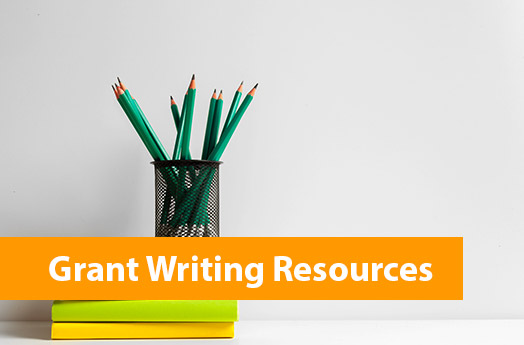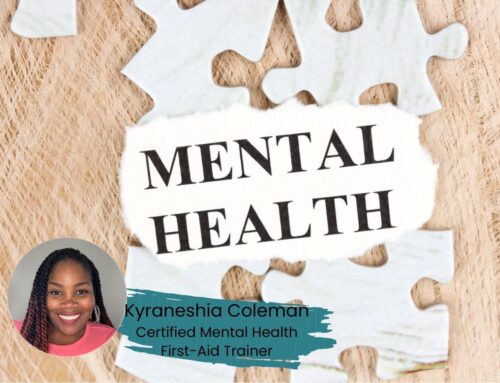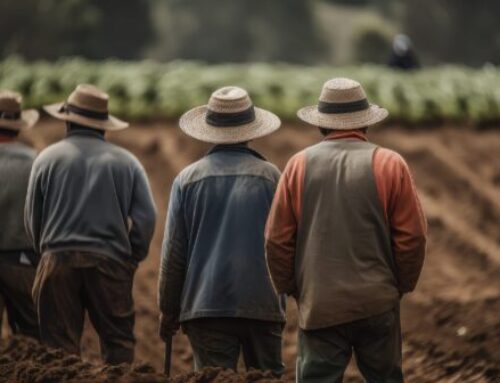What I’ve Learned Grant Writing for CHW-led Programs
Published January 2021 | Back to all news and updates
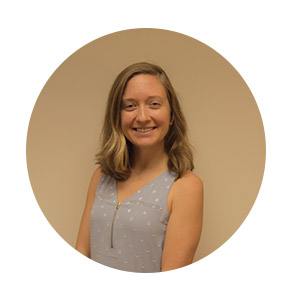
Katherine Smith, MPH
Revenue Development Manager at MHP Salud
Whenever I talk about grant writing, someone always wants to know what the “magic bullet” is to secure sustainable funding. I wish it were that simple – in general, grant writing requires a special slurry of project management, relationship building, digging into the data, and storytelling. And grant writing for Community Health Worker (CHW)-led programs? That presents its own set of unique questions. How do we identify a funding stream that aligns with our organization and supports our vision for the CHW profession? How can we ensure that this program will be sustainable? Are we involving the right partners? How do we demonstrate the value of the CHW profession and the needs of our communities? Am I forgetting anything?
I was hired at MHP Salud fresh out of graduate school at the University of Michigan. Equipped with grant writing experience and knowledge of effective public health programming, I quickly realized that I still had a lot to learn. For decades, MHP Salud has secured funding to support CHW-led programming year after year, despite changes in administrations and funder’s priorities. This institutional expertise has informed my experience as a Grant Writer and has provided me with insight that will help you secure funding for your organization’s CHW-led programs.
Consider if there is Funder Alignment
First and foremost, I can’t emphasize enough how important it is to start with a really clear understanding of the qualities, skills, and various roles that CHWs inhabit. I often refer to the CHW Core Consensus Project, which gets to the heart of the CHW profession; this is considered a guiding document for the CHW profession in many circles. There is also a compelling body of research on the impact of CHWs on the communities that they serve, especially on topics like chronic disease prevention and management. If you familiarize yourself with the dynamic nature and positive impact of the CHW profession ahead of time, you will more easily be able to identify areas of overlap between your organization and potential funder’s interests.
Armed with this information, you can set out to identify an appropriate funder. Use resources like Foundation Directory Online, Guidestar, and Instrumentl to review each funder’s funding priorities and history. How do they align with the CHW profession – do they fund community-based work, value peer-delivered services, or invest in initiatives that address health disparities? The relationship between a funder and a grantee is just that – a relationship. You want to make sure that this is a funder in which your organization is willing to invest time and energy.
In summary: know your funder, know your CHWs, and look for where these things align.
Use Your Resources to Understand Your Communities
Remember that every grant application starts with demonstrating the needs of the communities served. You’re probably thinking “well obviously A, B, and C is a problem in the community! And X, Y, Z is the reason why! Do I really need to spell it out for them?” The answer is yes. If you are considering starting a CHW-led program, it is likely you are serving a population that experiences health or social disparities and significant barriers to accessing care. So how do you go about getting the full picture of what these needs are and translating them into a narrative that someone on the outside looking in (the funder) will understand? A good place to start is to dig into the research and the demographics of your community. Census data, community needs assessments, and public health literature can provide excellent sources of information. These data will help you better understand the systematic nature of the disparities experienced by underserved populations.
If you already employ CHWs, take advantage of their expertise! I have never gained more insight into both the needs and the assets of a community than after I have had a conversation with a CHW. Organizational partners can also provide excellent insight into the community and will help you think about where your CHW-led program will fit into the larger picture.
Do not forget that through all of this, if you are not a member of the community served, it is incredibly important to practice cultural humility, which is the process of (1) engaging in ongoing self-reflection of one’s own culture, and (2) keeping an open mind and practicing active listening to better understand cultures that are different from your own. Keep in mind that in every culture, there is a great deal of nuance based on age, location, generational status, and country of origin. As someone who is not Hispanic, these are realities that I have to remind myself of daily.
The three major takeaways: dig into the data, talk with people on-the-ground serving these communities, and stay humble.
Think About the Long Term
One of the questions I see most consistently on grant applications is “how will you ensure that the program is sustained after funding ends?” This feels like an impossible (and sometimes frustrating) question. But the idea behind the question is important.
What Kind of Organization Are You? For some clinically focused organizations, like Federally Qualified Health Centers, reimbursement might be a viable option for funding your CHW-led program, although these options often have limitations in terms of the activities that are covered and vary from state to state. For Community Based Organizations, grant funding is likely the most attractive option, but consider the capacity of your organization. If you can manage federal and/or state funds in addition to foundation grants and contracts, you will vastly increase the opportunities for your organization to secure diverse sources of funding for your CHW-led programs.
What Determines Success? The CHW profession is different than most grant-funded positions because at its heart, investing in the training and employment of lay community members is helping to build the capacity of local leaders. This in and of itself is worth highlighting as an important long-term effect of program funding.
What Influences Sustainability? Something else to consider is what your organization can do to demonstrate the positive impact of CHWs on the people they work with. Yes, it is helpful to provide the number of clients that are provided services, but what is more compelling to a funder is how exactly the CHW impacted that individuals’ life. Have their stress levels decreased? Are they eating a healthier diet? Do they have health insurance? Funders like to see measurable, statistically significant results. If you invest in collecting this information early on, you will set your CHW program up for success because demonstrating their value to future funders will be a breeze.
The long and the short of it is that answering the dreaded “sustainability question” is no one’s favorite part of grant writing, but the very nature of the CHW profession will help you demonstrate the long-term benefits of a funder’s investment. And do not forget that effective program evaluation is one very important way to improve your organization’s ability to secure sustained funding.
If finding and securing funding for your organization’s CHW-led program still feels like an overwhelming endeavor, we have a number of resources at your disposal. Check out our variety of Grant Writing resources available for free with a quick and easy registration to our resource portfolio. We also have grant writing workshops that will provide your organization with the tools to write winning grant applications.
Blog Topics
About MHP Salud
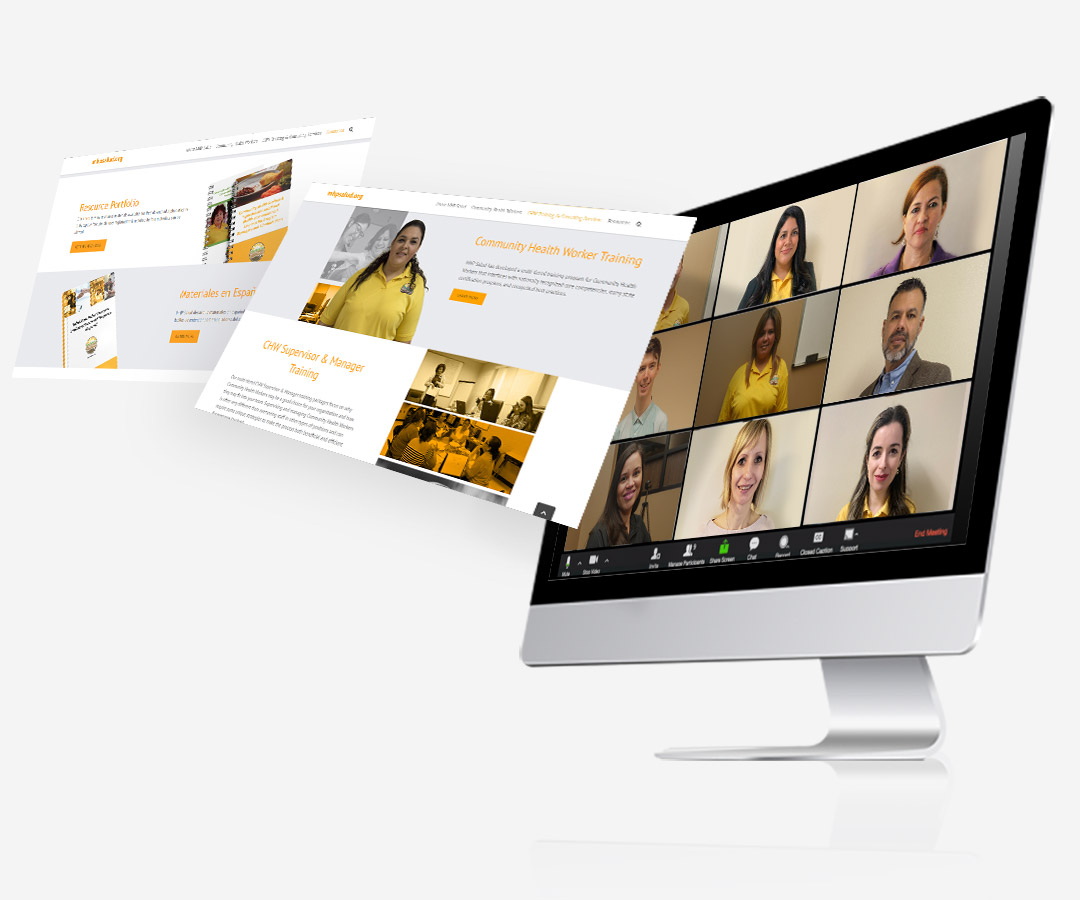
MHP Salud has over 35 years of experience implementing CHW programs and training organizations looking to start and/or strengthen their own CHW programs. Visit our CHW Training & Consulting Services page to learn more about how we can help.

